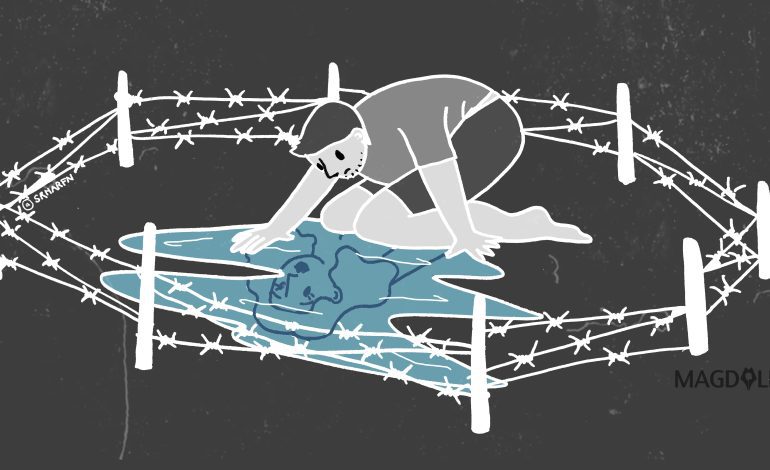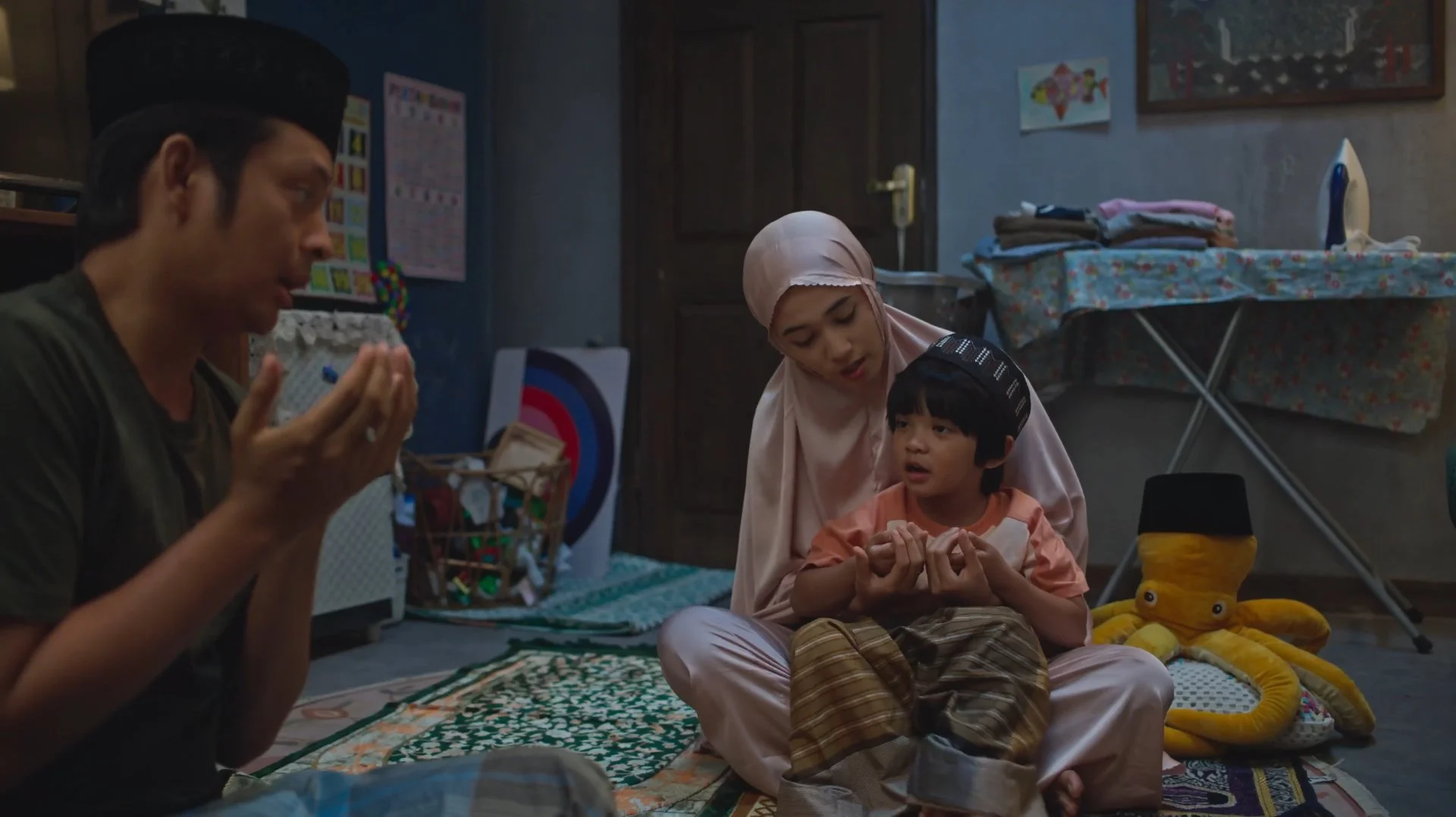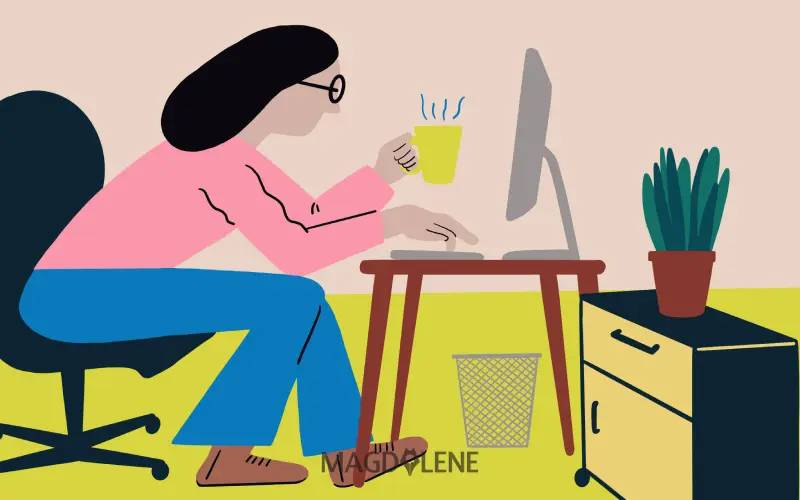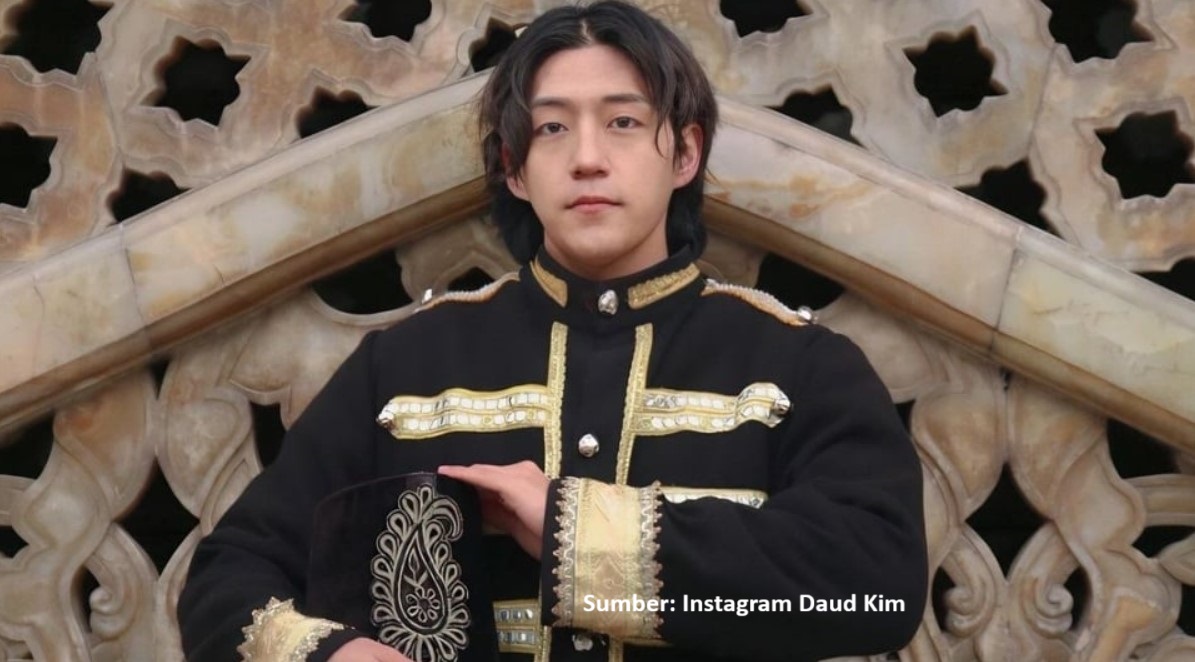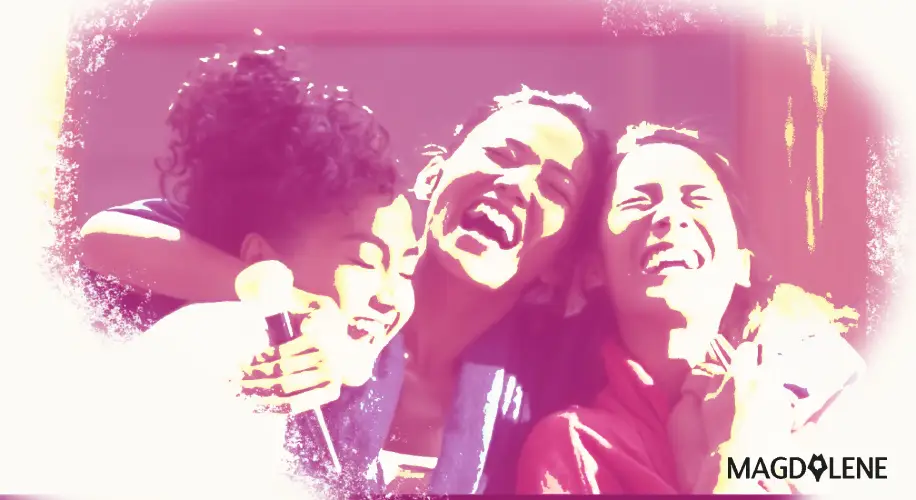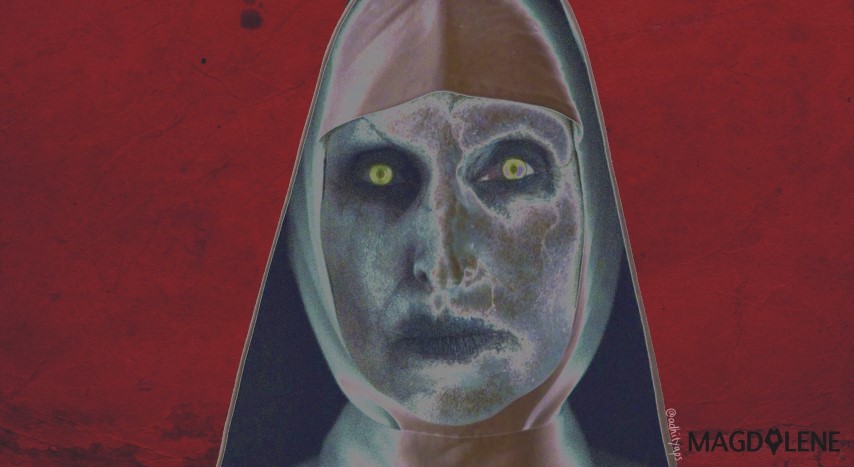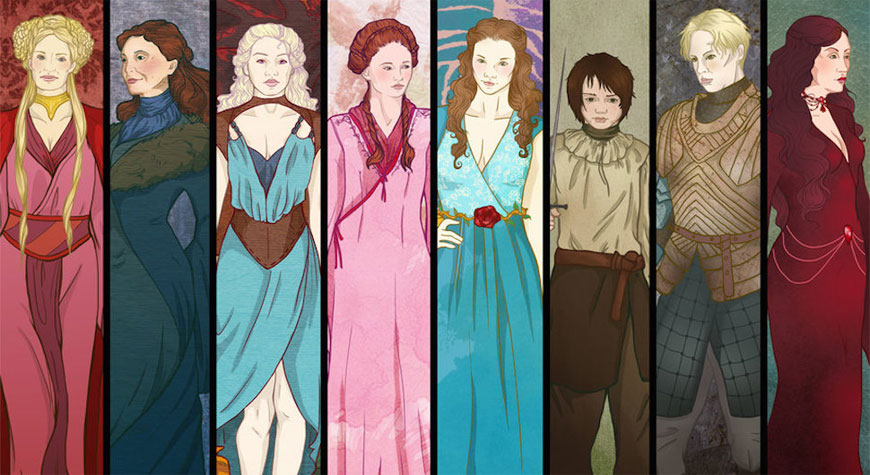Mulan Returns as Warrior as Disney Improves Cultural Approach
Disney’s decision to make Mulan live action film more faithful to the original ballad is praiseworthy.
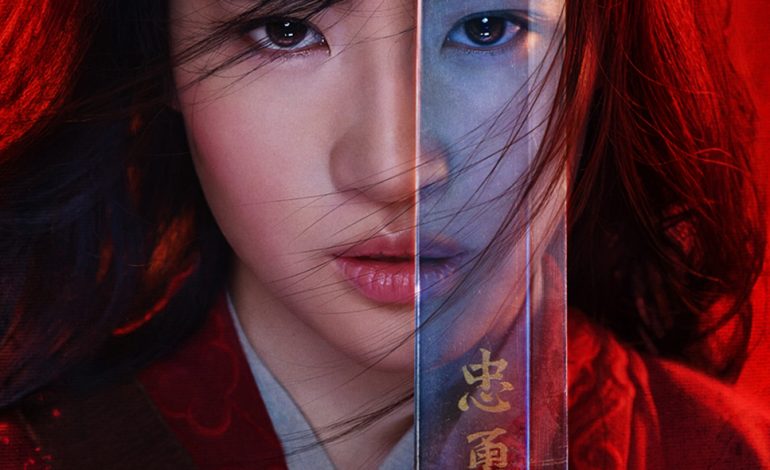
Most of us who grew up with Disney movies would probably be familiar with Mulan, one of the characters in the Disney princess’s lineup. The Mulan that we know was a Chinese girl who impersonated a man in place of his old and sickly father to fulfill the call for military service. She defeated the Huns, saved China and her family’s honor, and won over the male heartthrob in the film. Mulan is also the first and only Asian Disney princess to date and this was seen as a big leap for Disney at the time. Now, finally, Mulan is getting the remake the fans have always been waiting for.
Disney released the first official teaser of the live action version of Mulan in early July, giving us a look of Hua Mulan (Yifei Liu) who has just received the news from her mother that the matchmaker had found her a man to marry. There are fragments of the matchmaking, self-training, and the military training scenes, as well as beautifully choreographed fighting scenes. Directed by Niki Caro, the movie will be released in March 2020.
As expected, debates and protests erupted after the release of the trailer, with people complaining that the movie is not faithful to its animated version. What is obvious was that most of the fans who expressed their disappointments are not familiar with the origins of Mulan and the strings of problems attached to Disney’s first take on her tale.
Hua Mulan is originally a legendary warrior of the Northern and Southern China dynasty period who took her father’s place and joined the military service. The original Mulan was born and raised a hunter and a fighter, so she was skilled at wielding weapons and martial arts.
She served the dynasty for 12 years before retiring her hometown, refusing any kind of reward offered to her. She merely asked to borrow a camel for her ride back home and once she returned, she changed into her daily clothes and put her makeup on. It surprised her comrades who had been fighting alongside her without a clue of her sex.
Also read: Teaching Little Girls to Lead
Her heroic tale was told in the Ballad of Mulan, a ballad that was first transcribed in the 6th century in the Musical Records of Old and New. She doesn’t seem to be considered a historical person as she is not included in the Exemplary Women, a compilation of biographies of women during the Northern Wei Dynasty.
The animated version of Mulan Disney, which was released 11 years ago, tells a completely a different story. Though it was considered groundbreaking then, Mulan being the very first representation of Asian female leading role in an international animation franchise, years later it became apparent that the movie was problematic.
One of the criticisms against the animation is the apparent misogyny in its message. In the movie, Mulan has to “be a man” first to be recognized as a warrior. One of the movie’s most popular scores is titled “I’ll Make A Man Out of You”, which was played in scenes of her struggles in the beginning of her military training, before eventually earning her place among her peers.
Another – and rather embarrassing – problem with the original animation is the sight of a Japanese flag on a tent in which Mulan was being cared for after a battle with the Huns. Disney’s blatant disregard for historical accuracy strengthens the charges of cultural appropriation on its part, and China’s historical baggage with Japan did not help lessen the harm caused.
In the animation, the emperor of China is shown bowing to Mulan to honor her, a scene that is unthinkable in the Confucian culture in which an emperor is seen as the extension of God. Disney also dehumanized the Huns in the movie, depicting them with animal-like features, and characterizing them as inherently evil compared to the apparently peace-loving Chinese characters. The nomadic people of Huns are said to be one of the origins of the Turkish people – which explained why even the Turkish Nationalist Party has spoken against the film.
Also read: Disney Princesses are not model leaders
Against this backdrop, Disney’s decision to make Mulan live action film more faithful to the original ballad is commendable. Of all Disney’s remakes, this may actually be one that we can cherish (even the latest remake of Aladdin is still fraught with problems). And in Hollywood’s white-washing culture, the all-Asian cast also inspired more confidence in the movie.
While no companies can erase their past sins, we are hopefully a step closer to a future in which giants like Disney continues to improve its cultural approach and offers more inclusive representation in all its production.
Find out here how homophobia distorts our conversation about rape culture.


